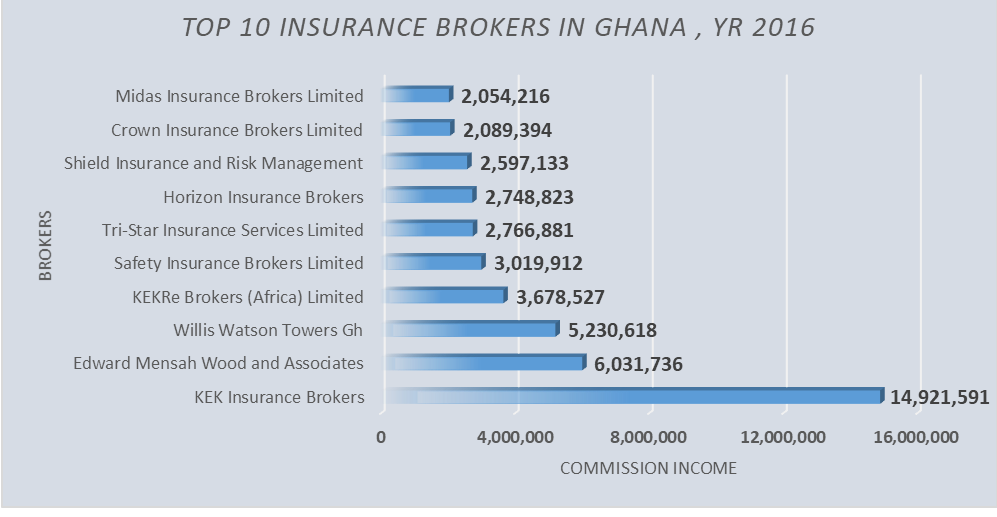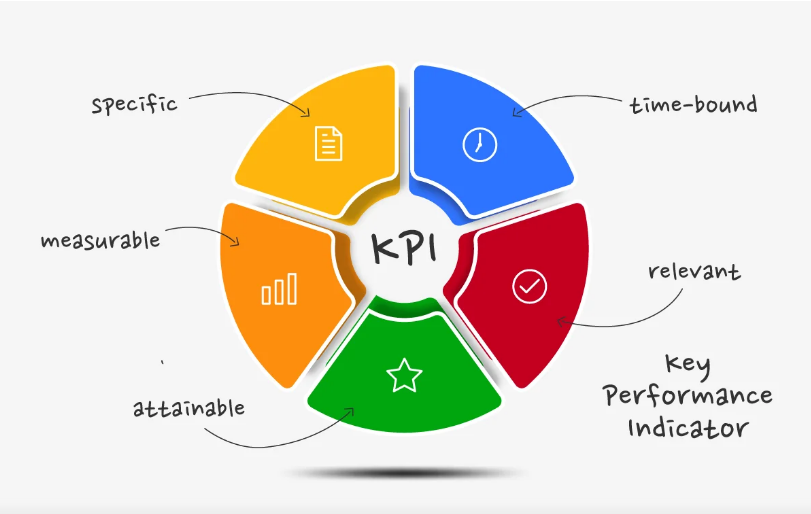Financial & Insurance Growth Shrink After Rebasing

Despite its umbrella sector – services – retaining its position as largest contributor to the country’s economy after the rebasing exercise, the financial and insurance subsector rather saw its contribution to GDP reduce to 5 percent.Prior to the rebasing, which essentially replaces the old base-year (2006) used for compiling the constant price estimates to a new and more recent base-year (2013), the financial and insurance sectors, which are jointly assessed, contributed 8.8 percent to GDP – indicating a 3.3 percent drop.The sector, before the rebasing, contributed 6.5, 8.4, 8.9, 9.4, and 8.8 percent from 2013 through to 2017. But after the rebasing exercise, its contribution to the economy for the same years stated were 5.1, 5.1, 5.8, 6.8 percent.This, an economist at the University of Cape Coast – Prof. John Gatsi – said, does not necessarily mean the sector is underperforming; and that the rebasing is just a statistical change.“Normally, when rebasing is done, it favours the contribution of some sectors more than others. We are using more current prices; so, definitely, when you engage in rebasing you see some sectors, especially commodity sectors, being favoured more,” he said in an interview with the B&FT.Prof. Gatsi further stated that amid the challenges some financial institutions are going through, their books show the sector is still robust – adding that the consolidation of five banks cannot be attributed to the drop in 2017’s rebased figures.“If you look at all the reports from the financial sector, although there are challenges, it continues to perform very well in terms of innovation in products and services, expansion of their outlets, among others.“Those banks have not been wiped away; their ownership was just changed. Rebasing is just statistical change and not the actual performance, and so I don’t expect it [consolidation of the five banks] to affect the sector’s performance. If the banks had totally collapsed, then we could see their effect. But for now the banks still exist, and there is just a change of ownership and management,” he said.Notwithstanding his comments, the financial sector continues to reel under high Non-Performing Loans (NPLs).Central bank data show that non-Performing Loans reached GH¢8.74billion in June this year, although the ratio dropped to 22.6 percent in June from the 23.5 percent recorded in April 2018.The insurance industry, on the other hand, has still not gained the trust of many, as penetration is still low in the country – estimated to be below 3 percent.Source:BFT
Disclaimer: "The views expressed on this site are those of the contributors or columnists, and do not necessarily reflect insureghana's position. insureghana.com will not be responsible or liable for any inaccurate or incorrect statements in the contributions or columns here."
Share On Social Media
Other Posts
What is Cyber-Insurance? What You Need To Know
15 Best AI Tools Every Insurance Agent Should Use | AI for Insurance Agents
Edward Mensah, Wood and Associates Insurance Brokers Named Overall Best Insurance Broker 2024
CSA has sounded the alarm about insider threats in the insurance sector
Ghana’s insurance industry intensifies public education to build trust and boost coverage
Impact Life Insurance Company Limited launches “ABRABOPA” product in Kumasi
Insurance companies in Ghana: ranking per 2024 insurance revenue
Ghana’s 24Hour programme: Who’s leading, how it’s measured, and when it starts
Five (5) Reasons Why You Need a Homeowners Insurance Policy
Bringing insurance education to classrooms in Ghana
InsureTech
Technology


























